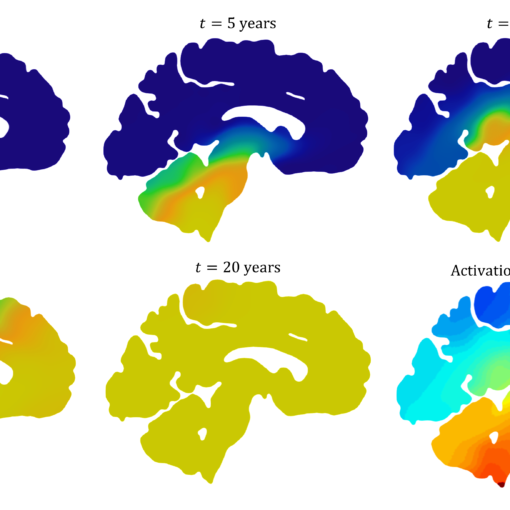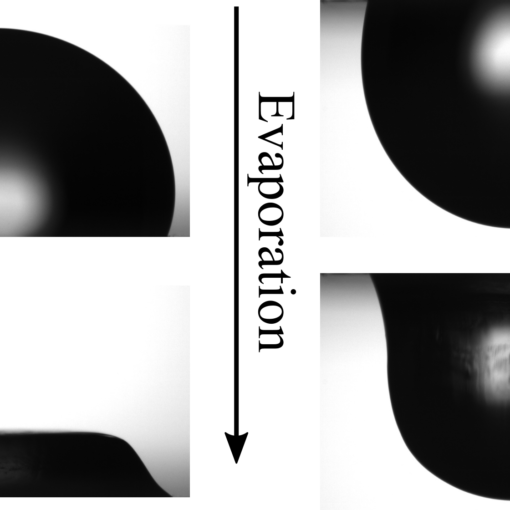A new MOX report entitled “Universal Solution Manifold Networks (USM-Nets): non-intrusive mesh-free surrogate models for problems in variable domains” by Regazzoni, F.; Pagani, S.; Quarteroni, A. has appeared in the MOX Report Collection.
The report can be donwloaded at the following link:
https://www.mate.polimi.it/biblioteca/add/qmox/22/2022.pdf
Abstract: We introduce Universal Solution Manifold Network (USM-Net), a novel surrogate model, based on Artificial Neural Networks (ANNs), which applies to differential problems whose solution depends on physical and geometrical parameters. Our method employs a mesh-less architecture, thus overcoming the limitations associated with image segmentation and mesh generation required by traditional discretization methods. Indeed, we encode geometrical variability through scalar landmarks, such as coordinates of points of interest. In biomedical applications, these landmarks can be inexpensively processed from clinical images. Our approach is non-intrusive and modular, as we select a data-driven loss function. The latter can also be modified by considering additional constraints, thus leveraging available physical knowledge. Our approach can also accommodate a universal coordinate system, which supports the USM-Net in learning the correspondence between points! belongin g to different geometries, boosting prediction accuracy on unobserved geometries. Finally, we present two numerical test cases in computational fluid dynamics involving variable Reynolds numbers as well as computational domains of variable shape. The results show that our method allows for inexpensive but accurate approximations of velocity and pressure, avoiding computationally expensive image segmentation, mesh generation, or re-training for every new instance of physical parameters and shape of the domain.



